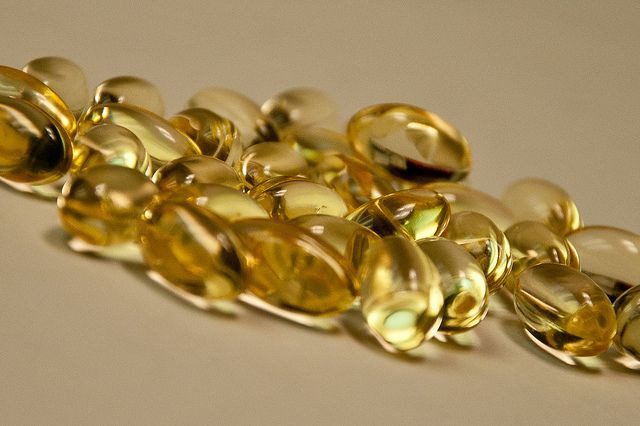Niacin, 'Fountain Of Life,' May Help Us Live Longer; Researchers Link Nutrient To Longer Lifespan In Roundworm Experiment

The food supplement niacin could be the key to a longer life, a new study suggests. In experiments with roundworms, the nutrient was shows to extend a subject’s lifespan by 10 percent. The international research team behind the discovery believes that the findings may have clinical relevance for humans, as the roundworm’s metabolic pathway is similar across many other organisms.
The potential health benefits of niacin have long been subject to debate, as the nutrient’s therapeutic capacity contradicts traditional knowledge about antioxidants. Essentially, niacin promotes the formation of free radicals, which subsequently damage somatic cells. This damage, known as oxidative stress, is what antioxidants are generally thought to neutralize. But according to study author Michael Ristow, the cells are perfectly capable of looking after themselves.
"The claim that intake of antioxidants, especially in tablet form, promotes any aspect of human health lacks scientific support," he said in a press release. "Fruit and vegetables are healthy, despite the fact that they contain antioxidants. Cells can cope well with oxidative stress and neutralize it.”
Instead, this oxidative stress may have an effect similar to that of exercise. In a previous study, the team identified a correlation between the health benefits of endurance sport and the presence of free radicals. The findings also suggested that antioxidants restricted these health benefits by neutralizing the oxidative stress.
"Niacin tricks the body into believing that it is exercising -- even when this is not the case," Ristow explained. These compounds are known as exercise mimetics.
Ristow and his colleagues believe that the results are not exclusive to roundworms. Since the metabolic pathway initiated by niacin is the same in many higher organisms, the nutrient may have similar effects on humans. At the moment, the team is investigating whether the results can be reproduced in mice.
According to the National Institutes of Health, niacin is a type of B-vitamin that promotes the function of nerves, skin, and the digestive system. It also helps convert food into energy. Niacin occurs naturally in a wide variety foods, including eggs, dairy products, fish, poultry, and legumes. A chronic lack of niacin can lead to pellagra, a vitamin deficiency disease.
Source: Kathrin Schmeisser, Johannes Mansfeld, Doreen Kuhlow, Sandra Weimer, Steffen Priebe, Ines Heiland, Marc Birringer, Marco Groth, Alexandra Segref, Yariv Kanfi, Nathan L Price, Sebastian Schmeisser, Stefan Schuster, Andreas F H Pfeiffer, Reinhard Guthke, Matthias Platzer, Thorsten Hoppe, Haim Y Cohen, Kim Zarse, David A Sinclair, Michael Ristow.Role of sirtuins in lifespan regulation is linked to methylation of nicotinamide. Nature Chemical Biology, 2013
Published by Medicaldaily.com



























